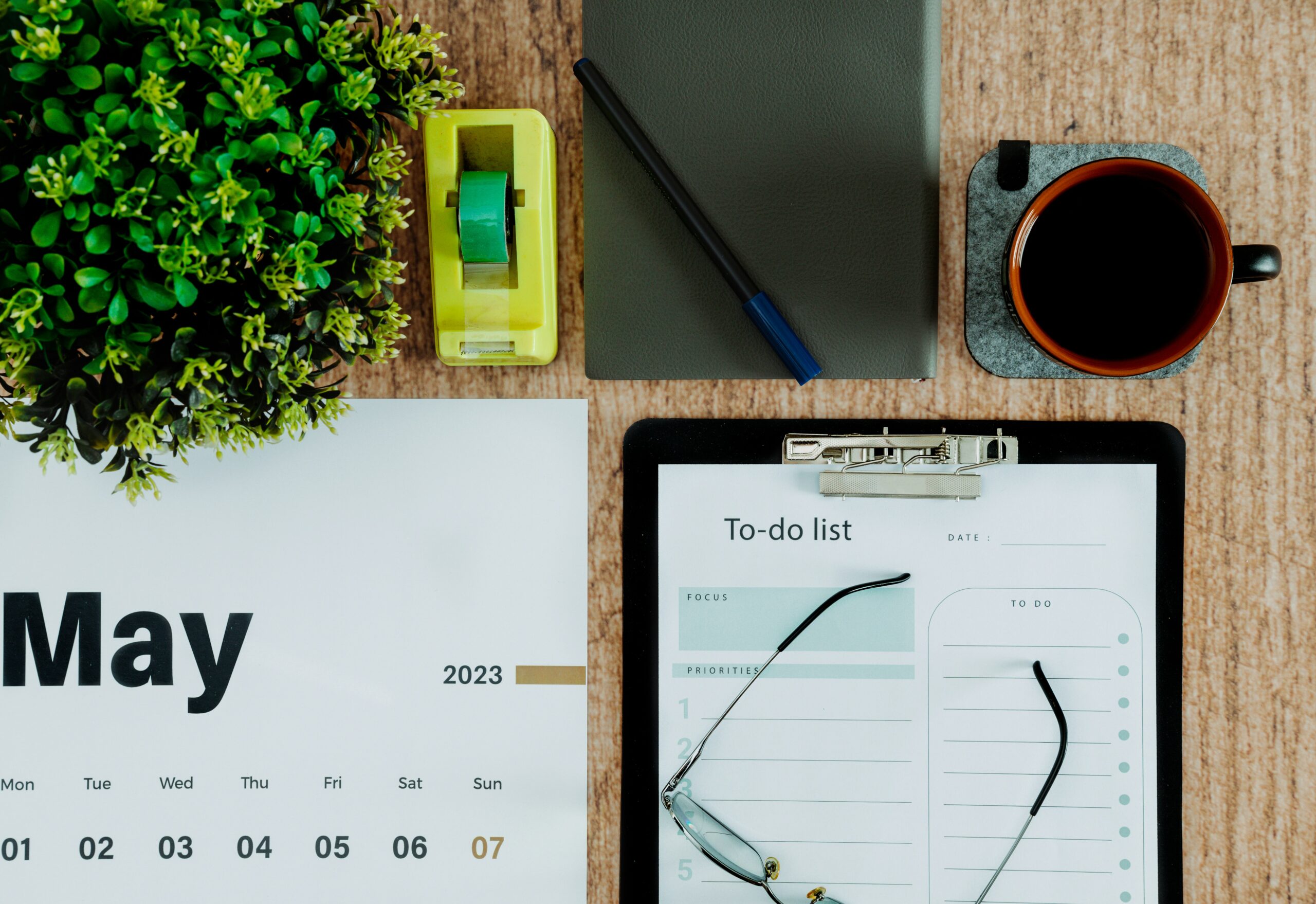Stress is an inevitable part of life, yet managing it effectively can significantly improve our overall well-being. Building a routine around stress management strategies is a proactive approach to maintaining balance and enhancing resilience.
Understanding Stress and Its Impact
Stress affects us all differently, but its impact on both mental and physical health is undeniable. According to the American Psychological Association, chronic stress can contribute to various health issues, including anxiety, depression, and cardiovascular diseases. Understanding how stress affects you personally is the first step in creating a management plan.
Expert Insights on Managing Stress
Experts suggest that the key to effective stress management lies in consistency and adaptability. Dr. Samantha Boardman, a well-regarded psychiatrist, emphasizes the importance of integrating stress-relief practices into daily routines rather than treating them as occasional remedies.
Research-Backed Strategies
Research indicates that regular physical activity, mindfulness, and adequate sleep are crucial components of stress management. A study published in the Journal of Health Psychology found that mindfulness meditation significantly reduces stress levels. Additionally, a good night’s sleep enhances the body’s ability to handle stressors efficiently.
Building Your Stress Management Routine
1. Identify Your Stressors
Begin by identifying the primary sources of your stress. Are they related to work, relationships, or personal expectations? Understanding these triggers can help you address them more effectively.
2. Set Realistic Goals
Setting achievable goals can prevent feelings of overwhelm. Break down tasks into manageable steps and celebrate small victories along the way.
3. Incorporate Mindfulness
Mindfulness can be practiced anywhere and anytime. Consider starting your day with a short meditation session or incorporate deep breathing exercises during breaks.
4. Stay Active
Regular physical activity is a proven stress-reliever. Aim for at least 30 minutes of exercise daily, whether it’s a brisk walk, yoga, or cycling.
5. Create a Sleep Schedule
Ensure you get 7-9 hours of sleep each night. Establish a calming bedtime routine to improve sleep quality.
6. Personalize Your Approach
What works for one person may not work for another. Experiment with different techniques until you find what suits you best.
Consider keeping a stress journal. Documenting your experiences can help identify patterns and track your progress over time.
A Practical Comparison of Stress Management Techniques
| Technique | Benefits | Considerations |
|---|---|---|
| Mindfulness Meditation | Reduces anxiety and enhances focus | Requires practice and patience |
| Exercise | Boosts mood and energy levels | Time commitment needed |
| Deep Breathing | Quick stress relief | Effective for short-term stress |
| Journaling | Clarifies thoughts and feelings | May require regular effort |
| Music Therapy | Improves mood and relaxation | Depends on personal preferences |
| Social Connections | Provides support and perspective | Varies based on social skills |
| Time Management | Reduces overload and increases efficiency | Requires planning and discipline |
| Progressive Muscle Relaxation | Alleviates physical tension | May not suit everyone |
Frequently Asked Questions
How often should I practice stress management techniques?
Ideally, stress management should be a daily practice to build resilience and prevent accumulation.
Can stress management techniques vary in effectiveness?
Yes, the effectiveness can vary from person to person. It’s important to find what works best for you.
Conclusion: Taking Action
Incorporating stress management strategies into your daily routine is a powerful way to enhance your well-being. By understanding your stressors and experimenting with different techniques, you can create a personalized plan that works for you. Remember, consistency is key, and small changes can lead to significant improvements over time. Begin today, and take the first step towards a more balanced life.




Leave a Reply